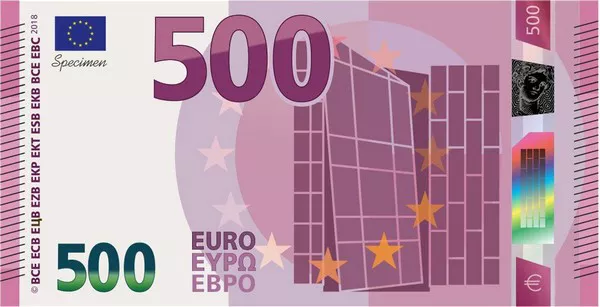The performance of major currencies in the global market is a subject of constant scrutiny and speculation. Among these, the Euro, the official currency of the Eurozone, plays a pivotal role in international trade and finance. Investors, economists, and policymakers closely monitor the Euro’s movements, attempting to predict its future trajectory. In this article, we delve into the factors influencing the Euro’s strength and analyze whether it is poised for an upward trend in the coming months.
Economic Indicators
One of the primary determinants of a currency’s strength is the economic performance of its respective region. For the Eurozone, a bloc comprising 19 European countries, economic indicators such as GDP growth, unemployment rates, and inflation play crucial roles. In recent times, the Eurozone has shown signs of recovery from the economic downturn experienced in the aftermath of the global financial crisis.
The European Central Bank (ECB) has implemented various monetary policies to stimulate economic growth, including low-interest rates and quantitative easing. These measures have contributed to economic stability and improved market sentiment. However, uncertainties such as the ongoing global trade tensions and the impact of the COVID-19 pandemic remain potential challenges.
Global Trade Dynamics
The Euro’s strength is also closely tied to global trade dynamics. As one of the world’s major reserve currencies, the Euro benefits from increased international trade and a high demand for Euro-denominated assets. The Eurozone’s commitment to open markets and free trade agreements enhances the currency’s attractiveness on the global stage.
However, the Eurozone’s trade relationships, particularly with major partners like the United States and China, can impact the Euro’s strength. Trade tensions and disputes between these economic giants may have spillover effects on the Eurozone economy and, consequently, on the Euro’s performance. Monitoring developments in global trade policies and agreements is essential for predicting the Euro’s future strength.
Political Stability
Political stability is a crucial factor influencing currency strength. In the case of the Euro, the stability of the Eurozone and its member countries is paramount. Political uncertainty, such as elections, government instability, or geopolitical tensions, can negatively impact investor confidence and lead to a depreciation of the Euro.
Recent years have seen a degree of political stability within the Eurozone, contributing to the Euro’s resilience. However, challenges such as Brexit and internal disagreements among member countries on issues like fiscal policies can pose risks. Investors keenly observe political developments in the Eurozone to gauge the potential impact on the Euro’s strength.
Inflation and Monetary Policy
Inflation and the respective monetary policies of central banks play a crucial role in determining a currency’s strength. The ECB aims to maintain price stability and inflation rates close to 2%. Persistent low inflation can lead to concerns about deflation, prompting central banks to adopt accommodative monetary policies.
As of late, the Eurozone has faced challenges in achieving the ECB’s inflation target. The central bank’s response to this issue has involved unconventional monetary measures, including negative interest rates. The effectiveness of these policies and their impact on the Euro’s strength remain topics of debate among economists.
Global Economic Trends
The interconnectedness of the global economy means that trends and events in other major economies can significantly influence the Euro’s strength. For instance, economic developments in the United States, China, and emerging markets can have ripple effects on the Eurozone and, consequently, the Euro.
As of the latest analysis, the global economy has shown signs of recovery from the impacts of the COVID-19 pandemic. Improving economic conditions worldwide can positively impact the Euro’s strength, as increased global demand for Euro-denominated assets becomes more likely.
See Also Why The Euro Is Falling
Conclusion
Predicting the future strength of the Euro requires a comprehensive analysis of economic, political, and global factors. While recent indicators suggest a degree of stability and potential for growth in the Eurozone, challenges persist, and uncertainties remain.
Investors and stakeholders must stay vigilant, monitoring economic indicators, global trade dynamics, political developments, and inflation trends. Additionally, central bank policies and responses to emerging challenges will continue to play a crucial role in shaping the Euro’s future trajectory.
In conclusion, the Euro’s strength is contingent on a multitude of factors, and a nuanced understanding of these dynamics is essential for accurate predictions. As global economic conditions evolve, so too will the prospects for the Euro in the international currency landscape.


